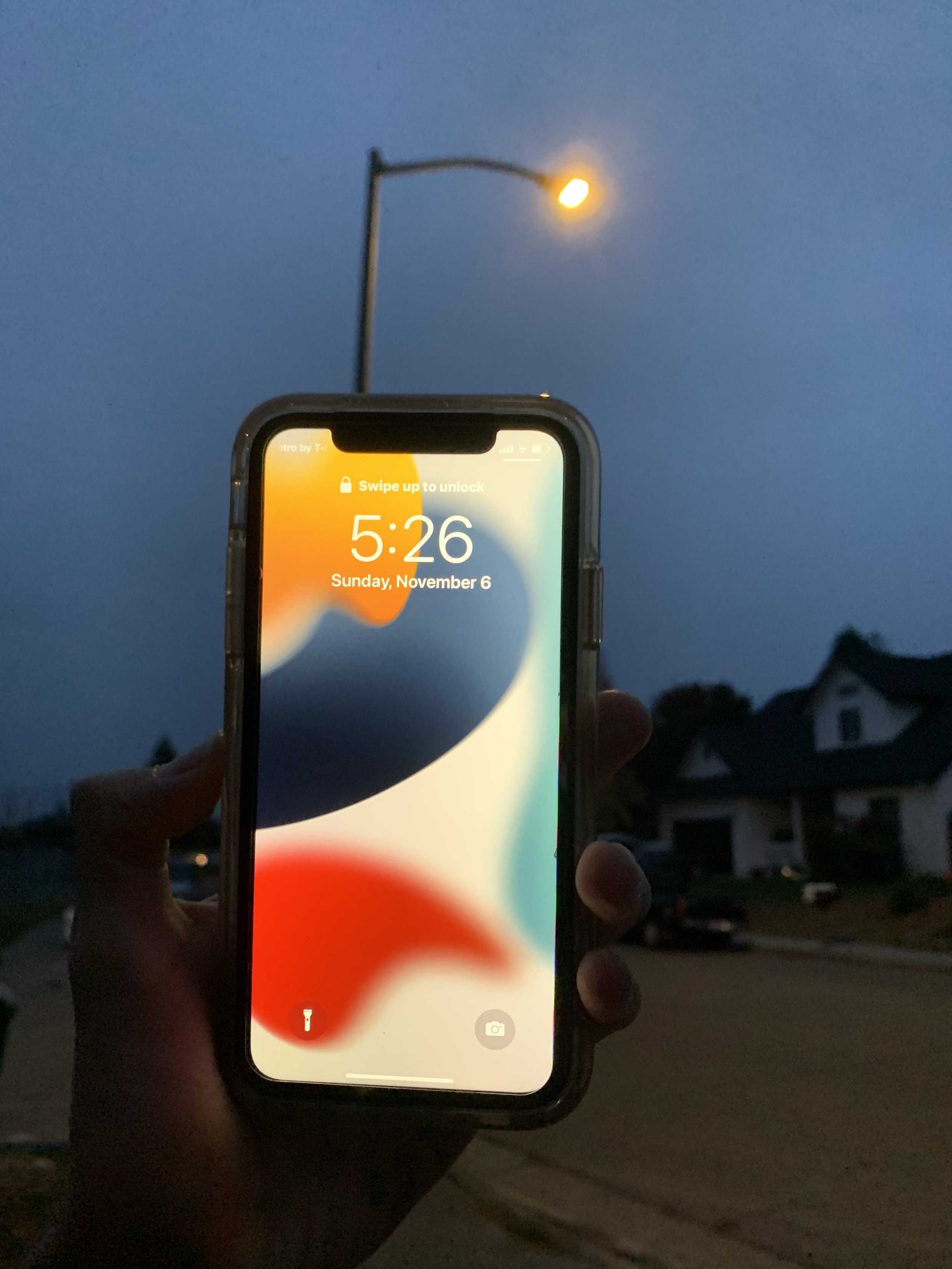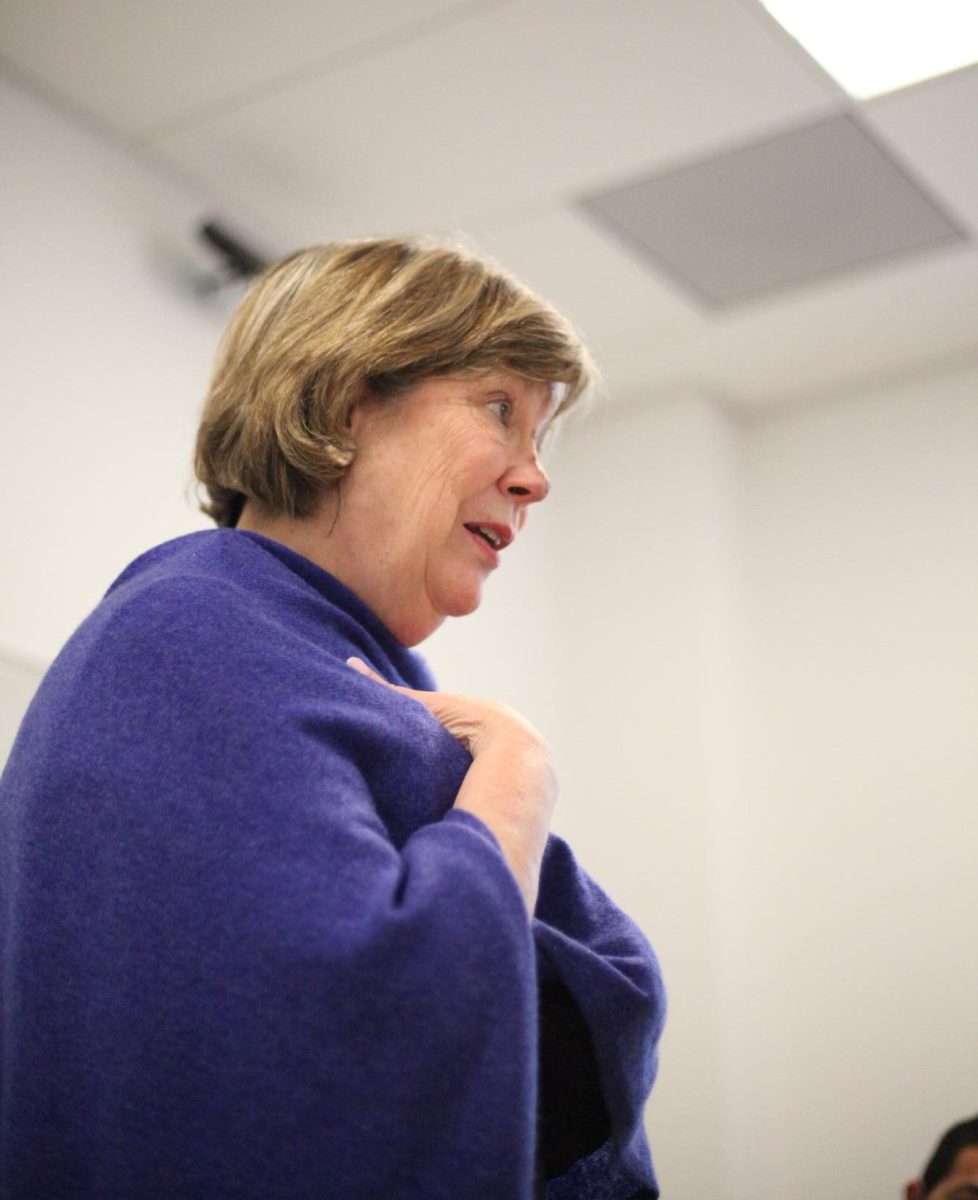STAR// Javier Hernandez
This past weekend most states in the United States moved back their clocks one hour when the time hit 2 a.m. to “fall back” and conclude the end of “daylight savings” for the year. With the exception of Arizona and Hawaii, the U.S. is back in standard time for the next four months until we “spring forward” in March. This is a yearly tradition that was first observed in the U.S. over 100 years ago in 1918.
Recently, the topic of whether or not we should continue with this tradition has become a debate, with the Senate passing the Sunshine Protection Act in March of 2022. This new act would get rid of the yearly time changes and Americans would no longer have to move back their clocks. The United States would permanently stay in daylight savings time.
Although as of today this act still needs to be approved by the House as well as President Biden to become a law. There is still an interesting discussion to be had on whether this is a good idea or not.
The STAR asked students about how they felt about the debate, “I support the Sunshine Protection Act because it would make things consistent. We would no longer have to worry about changing the clocks. I really hope the President and the House pass the bill soon so it becomes a law,” said fourth-year John Bayer.
An argument that is made by those opposing the bill is that the sun wouldn’t come out until very late in the morning. The main worry of this is that it could lead to more accidents in the morning when people are commuting to work in the dark. People who work outside could also be impacted by the dark mornings as they wouldn’t be able to start until the sun comes out.
Fourth-year student Jaden Reiter said, “I personally am against the Sunshine Protection Act because of dark mornings. There will be so many people impacted including students, commuters and people who work outside that need sunlight to be able to do their jobs. I also can’t forget to mention the impact this could have on mental health with seasonal depression because of the longer, dark, cold winters.”
Letters to the Editor
We, the students of the Chicano and Latino Studies Department (CALS), are writing to address the importance of student advocacy, faculty support and to clarify any misinformation regarding the ongoing changes in the Department.
This past week, we collaborated in drafting a Call to Action (CTA) Letter, addressing our concerns regarding the quality of education provided by the former Chair Professor Dr. Ronald Lopez of the CALS department.
The dignity and respect of our community members is of utmost importance. Our intentions in addressing departmental areas of growth, demonstrate our commitment and care
to the CALS department discipline, students and faculty. Being a traditionally marginalized field of study, we have to consciously and critically understand the possible negative repercussions upon our department.
Sonoma State STAR must be held accountable to accurately relaying information to the Sonoma State Community. We asked the STAR to maintain discretion, to allow us the opportunity to address our experiences and concerns in response to the Call to Action; they instead decided to publish their narrative regarding the ongoing events, consequently misrepresenting our intentions.
The SSU STAR must respect our efforts in maintaining discretion regarding internal affairs between the department. The publishing of this article has jeopardized our accountability efforts by publicly misrepresenting our intentions and perpetuating a harmful image of the department without recognizing their endless efforts of support.
It is important to acknowledge that the efforts and actions of one individual person are not representative of the entire department and discipline. Since addressing our concerns, the CALS department has continuously demonstrated their commitment in supporting and amplifying student voices.
The Ethinic Studies Discipline and Curricula already lacks priority throughout the American Education System and Academic Institutions, a field of study primarily upheld by student activists. In our efforts of institutional and departmental accountability we understand the severity of addressing growth and development within our department in correlation to the possibility of more “budget cuts”. In our commitment in advocating for an equitable education at Sonoma State University, we must acknowledge and value the existing limitations of our marginalized field of study, like perhaps the CALS department barely affording printing paper.
To the former students of the Chicano Latino Studies department who have actively advocated for department accountability, thank you for your advocacy and support, we could not have carried forward with this action without you.
In Lak’ech,
Students of the Chicano Latino Studies Department



































